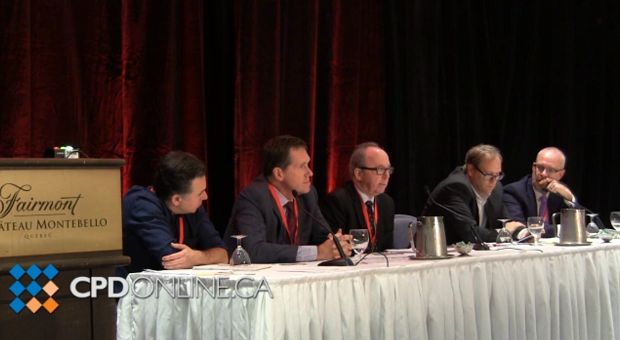
To purchase this video please click “Add to Cart”.
Login to watch this video if you have a subscription. Learn more about subscriptions.This panel will address the substantial changes, uncertainties, and emerging trends in the law of unreasonable delay in the past year in the wake of the Supreme Court’s 2016 decision in Jordan. Considerations of when an 11(b) application should be brought, effective file and practice management strategies to avoid delay being characterized as “defence” delay, effective advocacy techniques to protect the record for 11(b) applications, putting together an effective record on 11(b) applications, and effective argument of 11(b) applications will be explored.
Professionalism topics to be addressed include: